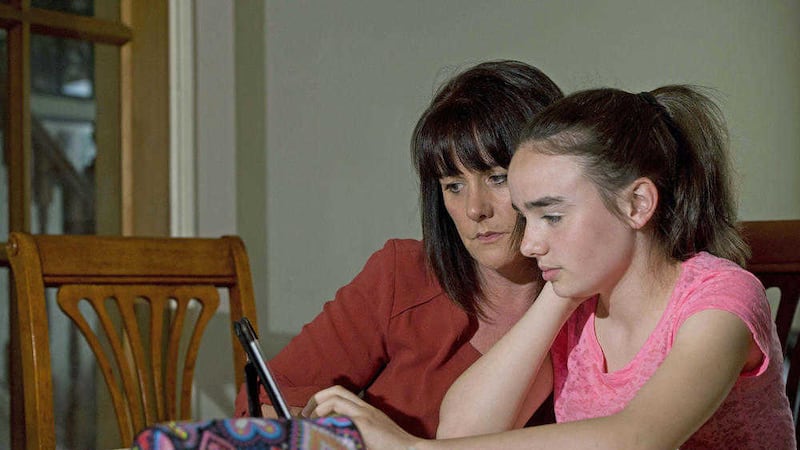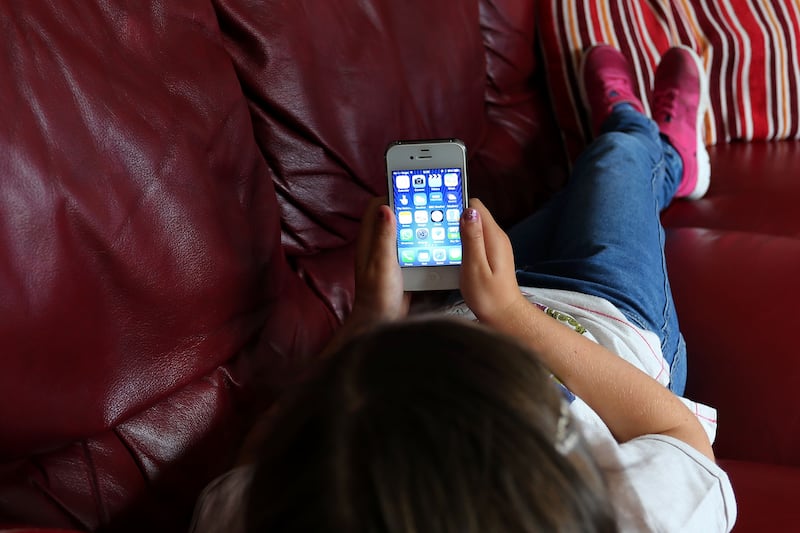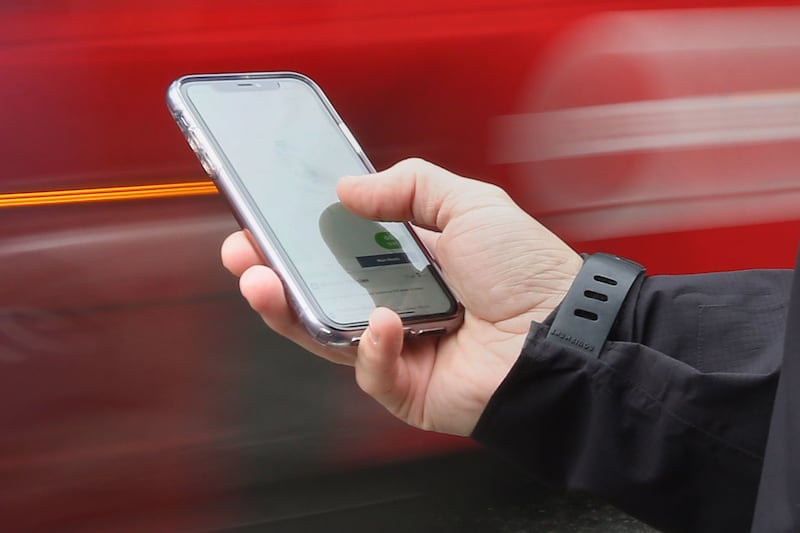It is only a few years since iPads began sweeping through education, with schools investing thousands of pounds from under-pressure budgets to equip children with the latest technology.
St Oliver Plunkett Primary School in west Belfast was the first to supply children as young as four with iPads.
In 2012, it shelled out £25,000 to help support P1 classroom work and invested more until every child had access to one.
Dozens more schools followed suit, some asking parents to help meet the cost.
Elsewhere in west Belfast, St Mary's grammar school, which has the highest number of `poor' children in that sector, angered parents when it asked them to purchase Samsung notebooks as Christmas or birthday presents.
The tablets, the school said, were part of a plan "to revolutionise pupil learning and lesson delivery through cutting edge e-technology".
While supporters insist tablets can change education for the better, others have argued that they are a passing, and expensive, fad.
Now, a leading teaching union is demanding that the incoming education minister takes urgent action over the growing use of iPads in schools.
The Association of Teachers and Lecturers (ATL) made the call ahead of the launch of a report on tablet devices.
Tablets in Schools: How Useful Are They?, by educational research consultant Dr Liz Fawcett, highlights over the potential for tablets to distract pupils and enable them to access inappropriate material.
The report is based on the results of an online survey which canvassed the views of 376 teaching staff and parents across Northern Ireland, most of whom had educational tablet experience.
It found that:
:: More than four-fifths (82 per cent) of respondents believed that pupils could get distracted by other activities they could carry out on the tablet, such as gaming or messaging, if they were used for homework
:: 72 per cent believed that pupils could get distracted in a similar way when using tablets in the classroom
:: Nearly two-thirds of teaching staff with educational tablet experience believed there was at least some risk that pupils would access inappropriate material when using tablets in the classroom
The ATL's Northern Ireland director, Mark Langhammer, said his union was concerned by what appeared to be an increasing trend for schools to make extensive use of tablets for schoolwork and homework.
"There's been very little debate around the desirability of this move, and international research tells us the jury is out in terms of the overall educational value of tablet usage," he said.
"We're calling on the department to review the available evidence and to issue some firm guidance to schools. As things stand, there's a serious risk that the education and wellbeing of thousands of children could be compromised if the concerns highlighted in this survey prove to be justified."
Many survey respondents related their own adverse experiences of tablets.
One was east Belfast mother-of-five Jane Dawson, whose daughter Niamh (14) has been required to use an iPad for nearly three years at her Belfast grammar school.
"We were delighted when Niamh got into grammar school," Ms Dawson said.
"But now we're really concerned that the opportunities opened up by grammar school are going to be lost because the iPad has had such a negative effect on her concentration and on her work."
Niamh agreed that the tablet was not helping her concentration levels.
"The iPad's a really big distraction since it always has to be monitored," she said.
"Having it in front of you, it's a massive temptation to do anything but school work."
Dr Fawcett, said she was surprised by the extent to which teachers with experience of using tablets in school expressed concern.
"I'd expected parents to be much more concerned about the potential drawbacks of tablets than teachers, but many teachers who have used these devices with their pupils were equally worried,” she said.
"While tablets obviously have the potential to engage children's interest in a way which traditional teaching methods might not, many teaching staff were reporting major issues which risk having a significant negative impact on pupils."








